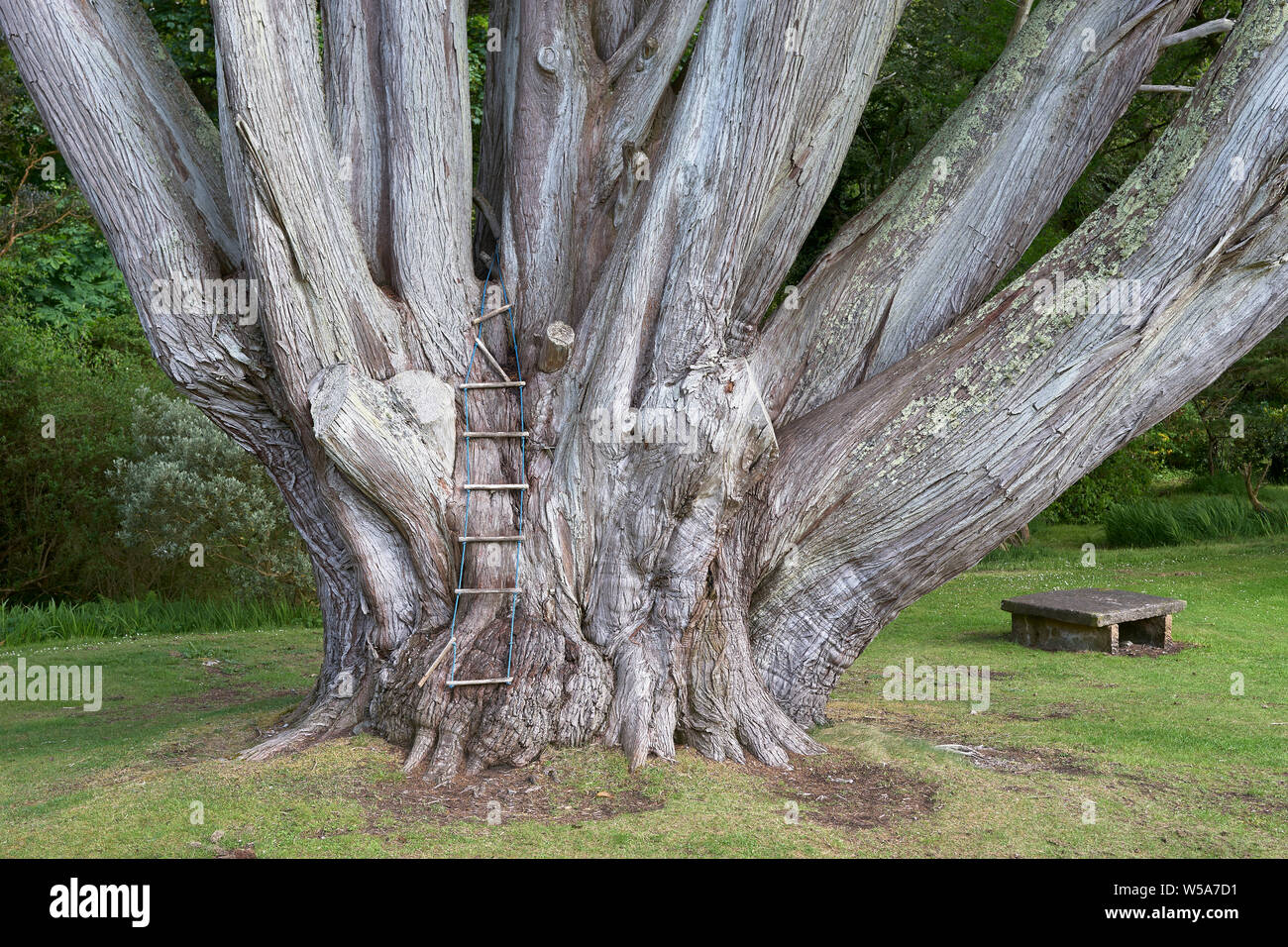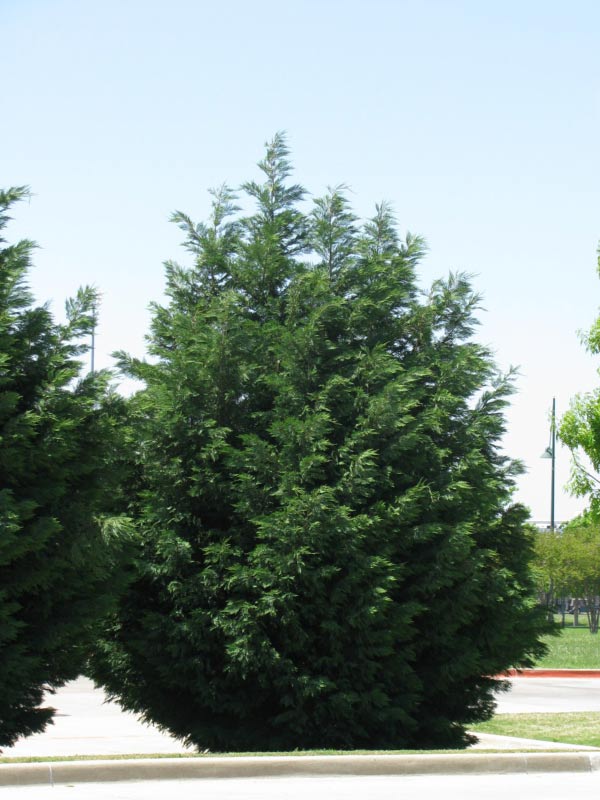

Mummy cases and the coffins of heroes were built of strong cypress wood which, because of its resistance to decay, served to reinforce the illusion of immortality which human beings are apt to focus upon the poor cast-off clothing of the life just lived.

"Let me be laid in a casket of cypress wood (κυπαρίσσιυος) embraced by death while the breath flies away." The words of Shakespeare echo the mournful practice observed in funeral rituals participated in by Egyptians, Greeks and other Mediterranean people who buried their dead. The lamentations of sadly huddled people fill their branches and wail with the wind down the slopes over the beggarly tombs and out upon the endless sea. The wild north wind that whips off the mountains along the rocky coast of Hellas bends and tosses their brooding heads over many a desolate graveyard where they keep their lonely vigil. Gloomy and forbidding but wonderfully stately, the cypress tree bears with awesome dignity the weight of the poignancy and mystery of death.

Its dark presence among the ruined walls of Mycenae or the remains of ancient Thebes is like that of a lonely sentinel who watches over the coming and going of civilizations which must have seemed full of life and deathless promise to those who lived out their brief lives in them.

It signified the immortal soul and woe unspeakable which gives way, out of its darkness, to a mystery unfathomable. In this world, the sombre density of its foliage and the solitary aspect of its form drew the eyes of men along an invisible pathway, and the cypress tree became a symbol of death and the unknown which lies beyond. It is called the Grove of Persephone and it must be crossed before reaching the gate of the kingdom of Hades where Cerberus stands. Black cypress is found there and asphodel, a funerary plant of ruins and cemeteries. The afterworld, said Circe to Odysseus, lies at the extremity of the earth, beyond the vast ocean in a nether realm of darkened repose.


 0 kommentar(er)
0 kommentar(er)
